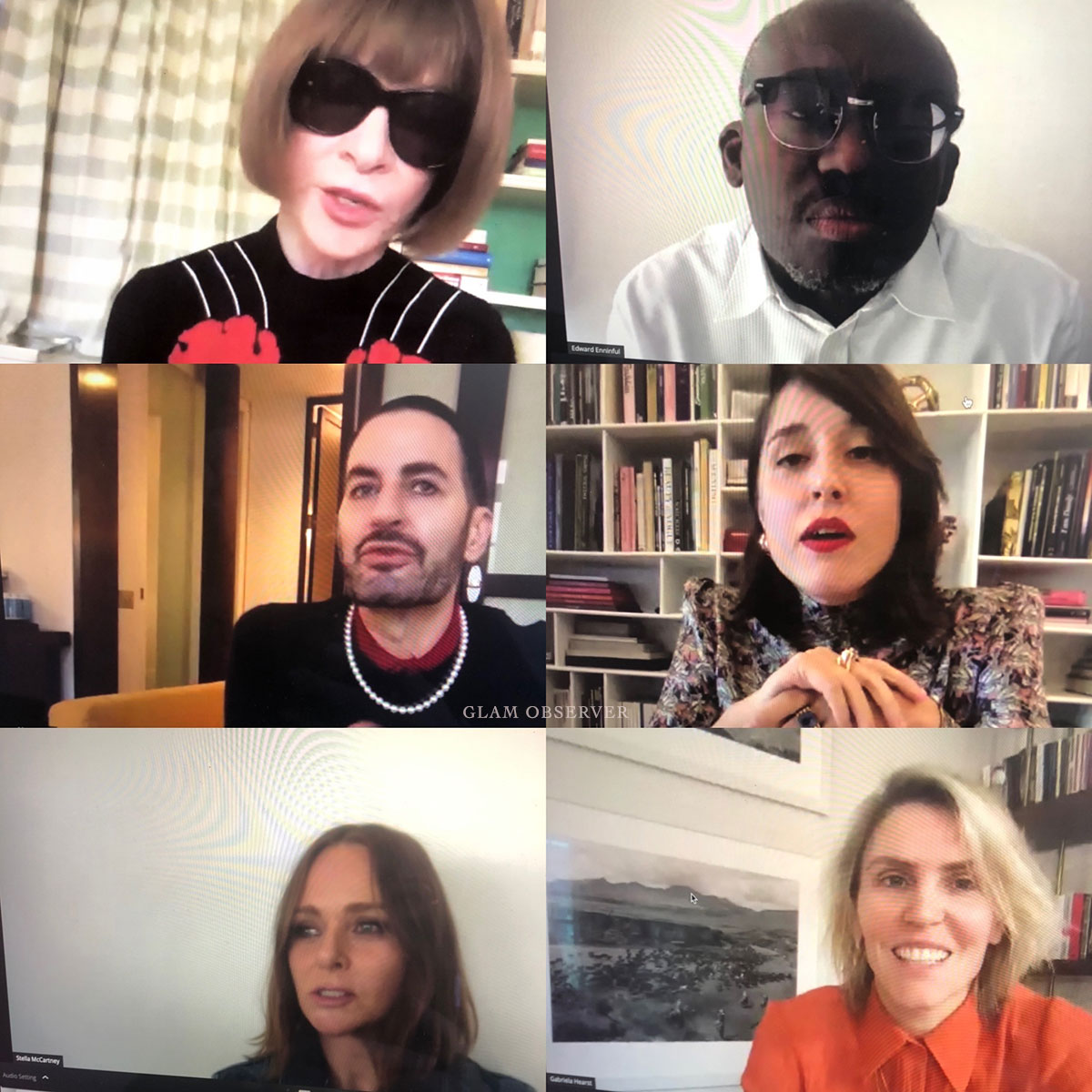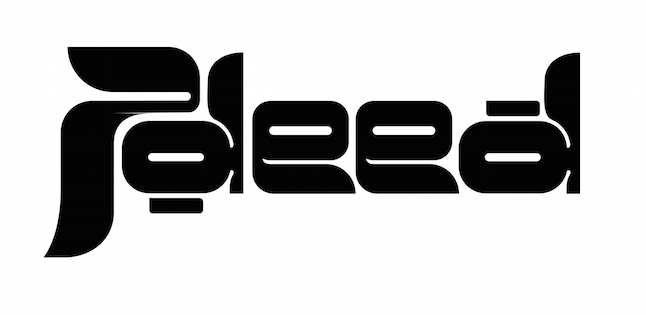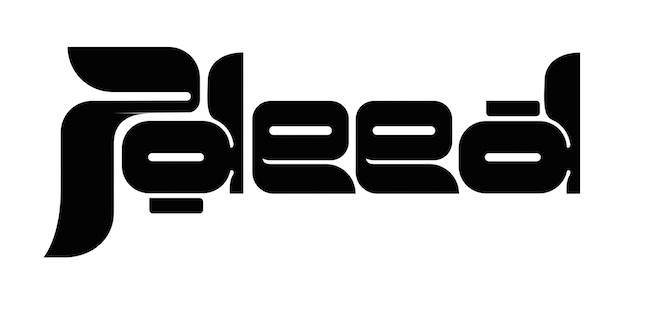
Fashion
The Future of Fashion: Inclusivity and Authenticity
It is difficult to imagine how a mere four months ago, fashion seemed to be an out-of-touch field for plenty. Following the COVID-19 pandemic, there seemed to be an explosion of fashion content online: Webinars and short classes proliferated, and now everyone could tap in with a new ease.
Words/Lynn Cheikh Moussa
Through Zoom meetings with the likes of Virgil Abloh and Pete Nordstrom, to the anticipated digitalization of London Fashion Week in June, fashion is now something that can literally be reached with the click of a button. But would we have had this accessibility had it not been for the coronavirus pandemic?
The pandemic, which first spread across China at alarming rates, took a massive toll on the production processes of fashion brands worldwide. As the country gradually entered lockdown, factories shut down leaving brands free of their regular supply of stock and thus lesser sales. A mere month or so later, the pandemic had hit every corner of the world, forcing everyone indoors as stores shut and moved their operations online.
For the first time in what seems to be forever, the industry had suspended action.
Only when things were forced into closure did brands begin to re-evaluate their practices, reflecting on how effective they actually are. With nothing other than an online shop, if any, to offer during lockdown, how were brands and designers expected to remain relevant? What conversations could they keep going, and what things would they have to rethink? Most importantly, were they listening to their clients’ needs?

Vogue Global Converstions, enabling users from all over the world to hear Anna Wintour, Edward Enninful, Marc Jacobs and more talk live on Zoom from their homes
The possibility of a year with no fashion shows and an excess of unsold stock have left us engaged in a debate on the traditional workings of the fashion industry. To stay relevant, they needed to shift the conversation away from boardroom meetings and into social media, in the eyes of the public. In a Vogue Global Conversation on the future of e-commerce, Virgil Abloh stated that the industry had to let go of its top-down model, and actually engage with their customers.
To survive, brands need to listen to their consumers. As the world unlocks a new era of responsibility for the fashion industry, the only brands that will truly be able to stand out following this pandemic are those that surpass the mere need to sell.
Gone are the days of fast fashion and useless consumption, today’s world is saturated with an audience that craves sustainable practices and authenticity from their brands. Goods are no longer purchased blindly, and meaning is sought out from brands after decades of purchase-based relationships.
The fashion world needs remodeling. When Saint Laurent announced it was no longer taking part in Paris Fashion week in September, Business of Fashion (BOF) raised an essential question:
Is there a need for so many fashion seasons packed into one year?
The answer is no. Current conditions show that many individuals are not in the mindset to shop or consume fashion, as lockdown proves to be financially challenging to the grand majority. This period has given many the opportunity to reflect: This culture of excess and consumption is no longer admired as it used to be.
The world is slowly heading away from maximalism and into an era of minimalism: Minimal consumption, and minimal production are essential pillars for the future. As the planet grapples with the climate change crisis, businesses need to do their part and get with the times. Traditional practices no longer cut it.
If audiences eagerly anticipated the shows in the past, many no longer do so in the present. There are too many fashion seasons, too much clothing, and not enough people to care for it. The world simply has other issues to concern itself with, like a global pandemic and a climate change crisis.
Canceling a fashion show during fashion week has become a laudable act. Fashion is no longer an out-of-touch sector reserved for the elite, it is a global concern for people all around the world. It can no longer continue to turn itself away from the people’s complaints, it needs to listen to them.
Not only so, but as the world continues to digitalize itself, so comes a need for the industry to follow in its footsteps. Before the pandemic, the fashion industry had digitized very few aspects on its operations, still very much reliant on shows and brick and mortar stores for its survival. Yet with these ever-changing conditions, the brands that survive will be the ones that find new and innovative ways to resume.
In an attempt to adapt to the current conditions, the British Fashion Council (BFC) announced that London Fashion Week (LFW) will be conducted fully digitally in June. The types of content that might appear on the site will range from digital look books, brand videos to Q&As. A podcast is also in the talks.
Just this past Spring, LFW began to sell tickets to its shows, previously conducted by invitation only. Through these actions, LFW is becoming increasingly accessible to the public, in ways that align with their needs. The lockdown period in itself has given ways for brands to reach out to their consumers in new ways, using Instagram lives, social media posts, and Zoom conferences.
As we get ready to enter a new fashion era, it becomes evermore clearer that we need to strip ourselves of the traditional models. The world is changing, now evermore surprisingly and quickly, and if fashion wants to stay in the spotlight, it needs to move with it.






0 comments